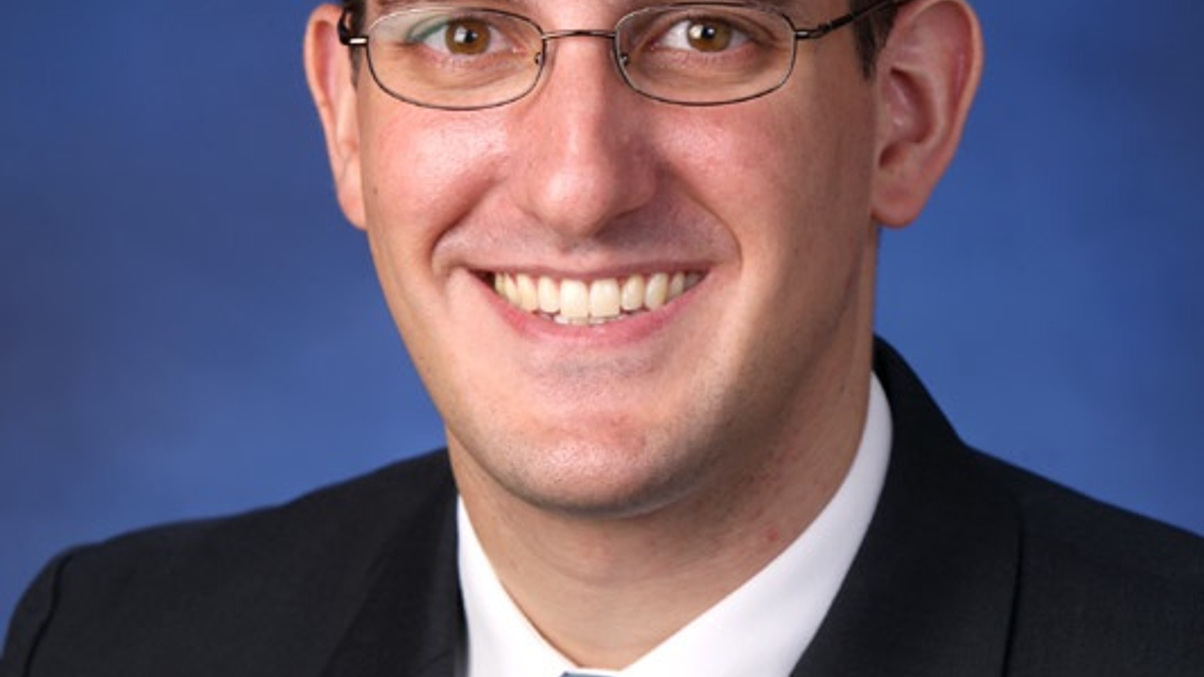Alternatives becoming core to portfolios: BlackRock
BlackRock has put its alternatives business on the fast-growth track, as more Asian investors seek to diversify returns.

Alternatives are coming in from the cold and are becoming a core portfolio constituent for investors, says Joseph Pacini, head of the strategy group at BlackRock Alternative Investors (BAI) for Asia-Pacific ex-Japan.
Sign in to read on!
Registered users get 2 free articles in 30 days.
Subscribers have full unlimited access to AsianInvestor
Not signed up? New users get 2 free articles per month, plus a 7-day unlimited free trial.
¬ Haymarket Media Limited. All rights reserved.


